Types of Automatic Valves in the Industrial Valve Industry: Advantages, Disadvantages and Applications
Types of Automatic Valves in the Industrial Valve Industry: Advantages, Disadvantages and Applications
Automatic valves play an important role in controlling and protecting industrial pipeline systems. Below is an article about common types of automatic valves: safety valves, pressure relief valves, electric control valves, pneumatic control valves, solenoid valves, overflow valves, alarm valves, breathing valves, and valves. emergency discharge. We will analyze the advantages, disadvantages and applications of each type of valve.
1. Safety Valve
Advantage:
• Automatically release pressure when pressure exceeds safe level.
• Protect the system from overvoltage, ensuring safety for equipment and operators.
Defect:
• Periodic inspection and maintenance are required.
• May cause noise when releasing pressure.
Application:
• Boiler system, compressed air system.
• Petroleum and chemical industry.
2. Pressure Reducing Valve
Advantage:
• Maintains stable outlet pressure, regardless of inlet pressure changes.
• Protect equipment from high pressure.
Defect:
• Requires periodic adjustment and maintenance.
• May be affected by dirt in the liquid.
Application:
• Water supply system, compressed air system.
• Food and beverage industry.
3. Electric Control Valve
Advantage:
• Precise control, easy integration with automation systems.
• Ability to make remote adjustments via central control system.
Defect:
• High investment costs.
• Requires constant power supply.
Application:
• HVAC system, water treatment system.
• Chemical and petroleum industry.
4. Pneumatic Control Valve
Advantage:
• Fast control, high durability.
• Safe in explosive environments because it does not use electricity.
Defect:
• Needs compressed air system support.
• High operating costs if no compressed air system is available.
Application:
• Petroleum and chemical industry.
• Water and wastewater treatment system.
5. Solenoid Valve
Advantage:
• Open/close quickly and accurately.
• Easy integration with automation systems.
Defect:
• Not suitable for large flows.
• Needs stable power source.
Application:
• Water treatment system, automatic irrigation system.
• Food and beverage industry.
6. Overflow Valve
Advantage:
• Automatically discharge when water level or pressure exceeds the allowable threshold.
• Protects the system from overflows.
Defect:
• Needs regular inspection and maintenance.
• May cause noise when operating.
Application:
• Tank system, wastewater treatment system.
• Food processing industry.
7. Alarm Valve
Advantage:
• Activate warnings when there is a problem in the system.
• Helps detect and fix problems promptly.
Defect:
• Requires complex sensor and control systems.
• False alarms may arise if not properly calibrated.
Application:
• Fire protection system.
• Chemical processing industry.
8. Breather Valve
Advantage:
• Adjust the pressure inside the tank, preventing the tank from exploding or collapsing.
• Protect the environment by controlling released gases.
Defect:
• Requires periodic maintenance.
• May not operate effectively in harsh weather conditions.
Application:
• Oil and chemical tank system.
• Food and beverage industry.
9. Emergency Relief Valve
Advantage:
• Quickly release pressure when there is a problem, protecting the system from overpressure.
• Operates automatically without human intervention.
Defect:
• Needs regular inspection and maintenance.
• May cause material loss during emergency discharge.
Application:
• Boiler system, compressed air system.
• Chemical and petroleum industry.
Conclude
Each type of automatic valve in the industry has its own advantages and disadvantages, suitable for specific applications in pipeline systems. Choosing the right valve type to suit the technical requirements and operating environment is important to ensure system performance and reliability. Businesses need to carefully consider these factors to choose and use automatic valves most effectively.
Contact Info:
• Phuc Minh Engineering Company Limited
• Email: info@pm-e.vn
• Tel: 028-3535.2125
• Fax: 028-3535.0254
• Web: pm-e.vn
• Address: 92/38 Street 12, Quarter 18, Binh Hung Hoa Ward, Binh Tan District, Ho Chi Minh City.
• Zalo: 0902720814 - 0907450506 - 0902800728 - 0979737351
Phuc Minh Engineering specializes in providing:
• OCV control valve
• Safety valve Nacional, Broady
• Pressure reducing valve VYC, Samyang
• Tozen electric control valve
• Tozen pneumatic control valve
• Yoshitake solenoid valve
• Weflo overflow valve
• Weflo alarm valve
• KSPC breathing valve
• KSPC emergency release valve
Use this article to better understand the types of automatic valves in the industry and choose the most suitable product for your system.
Related News
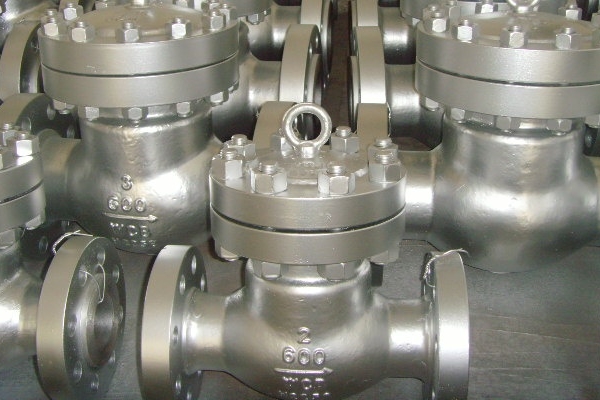
inVal Industrial Valves: Stainless Steel Gate Valve Solution for Chemicals
20/12/2025
Discover VinVal industrial valve lines, especially specialized stainless steel gate valves. Learn how to select the most effective valve for corrosive chemicals
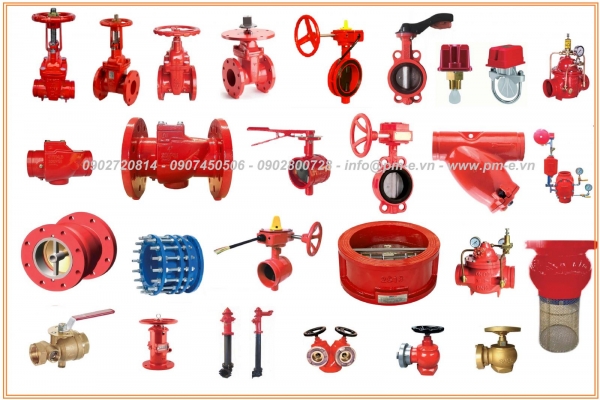
VinVal Industrial Water Valves: Stainless Steel Globe Valves & Pipeline Solutions from PM-E
20/12/2025
Discover high-quality VinVal industrial water valves. PM-E specializes in providing stainless steel globe valves and diverse fluid control solutions for your pipeline systems.
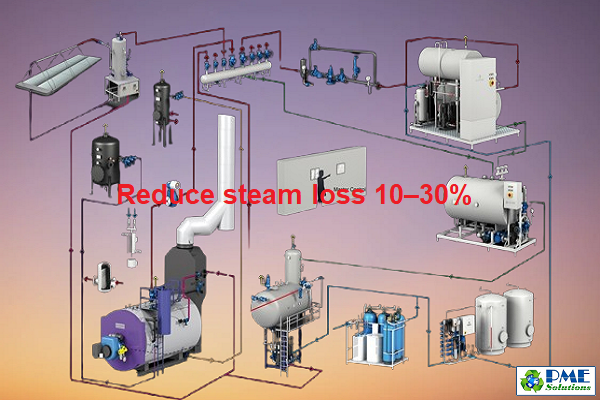
Steam Energy-Saving Solutions for Factories | Phuc Minh Engineering
17/12/2025
Optimize your steam system with Phuc Minh Engineering. Reduce energy loss, increase boiler efficiency, and cut fuel costs by 10–30%. Contact us now.
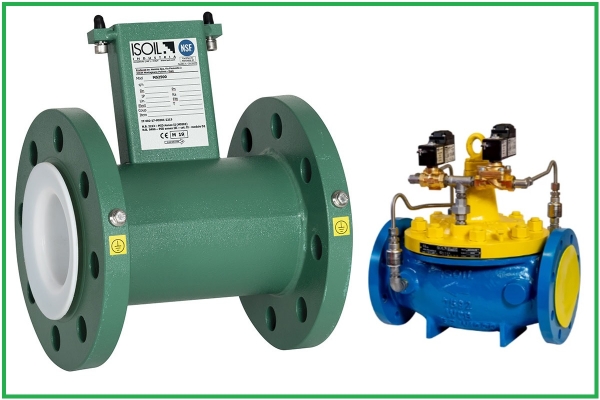
Flow Measurement & Pressure Control Solutions.
17/12/2025
Solutions for measuring flow and controlling pressure in steam, air, water, oil, and chemical systems. Optimize operations – reduce losses – enhance safety. Contact Phuc Minh.
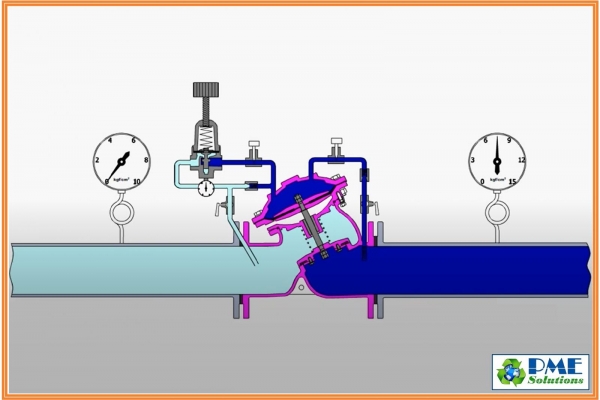
What Is a Pressure Reducing Valve? Structure – Working Principle – How to Select the Best PRV for Industrial Plants (2025)
17/12/2025
A Pressure Reducing Valve (PRV) is a device used to reduce high inlet pressure to a stable, lower outlet pressure, helping protect piping systems, instruments, and machinery while improving operational safety. PRVs are widely used in: Steam systems Compressed air, gas, nitrogen Clean water – process water – chilled water Oil, chemicals, and other industrial media







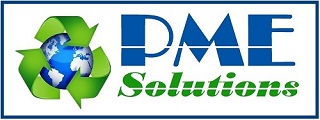

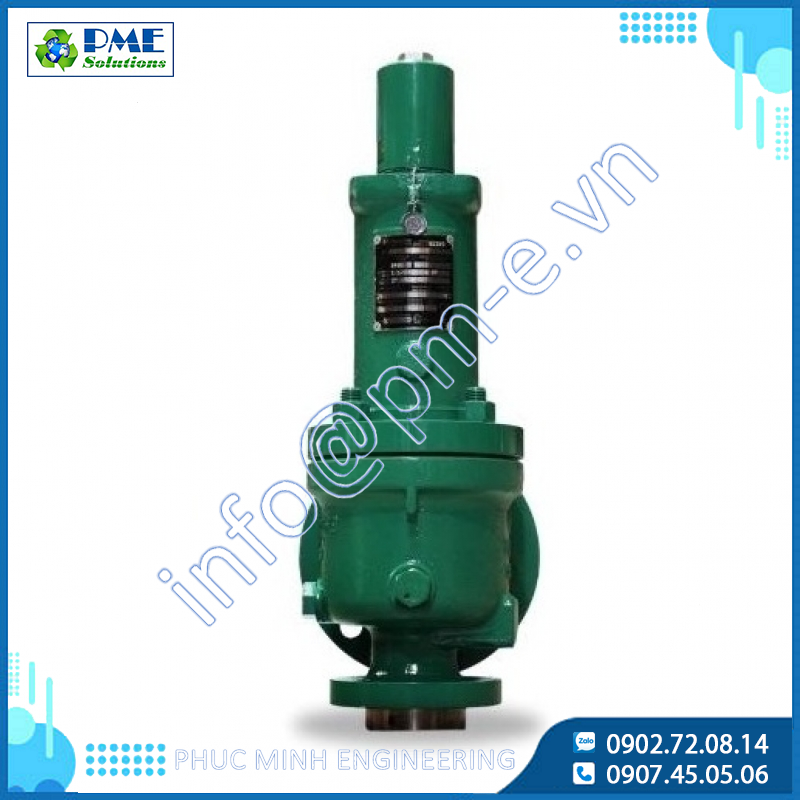
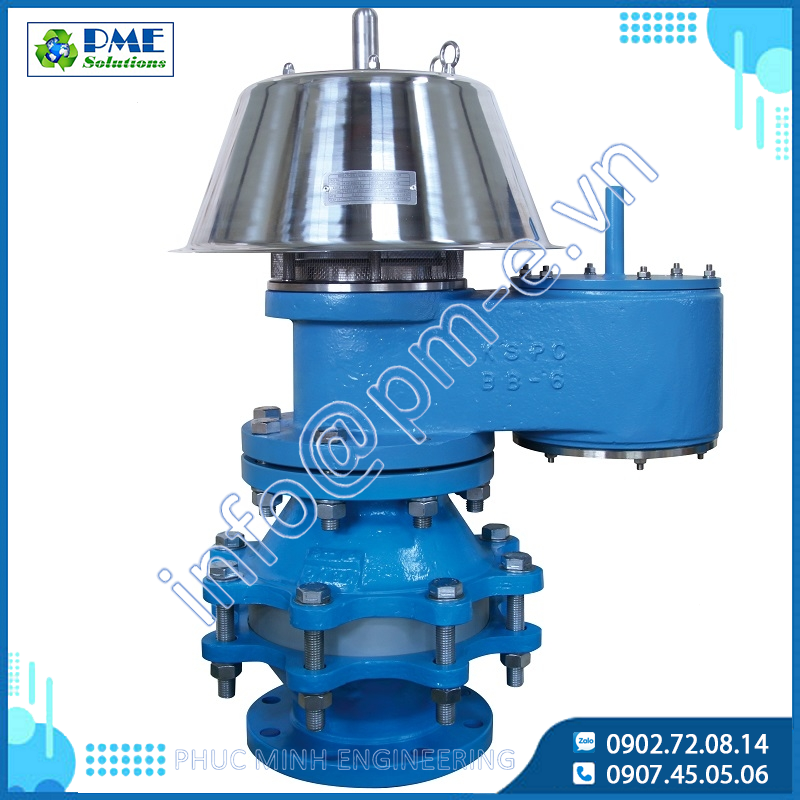
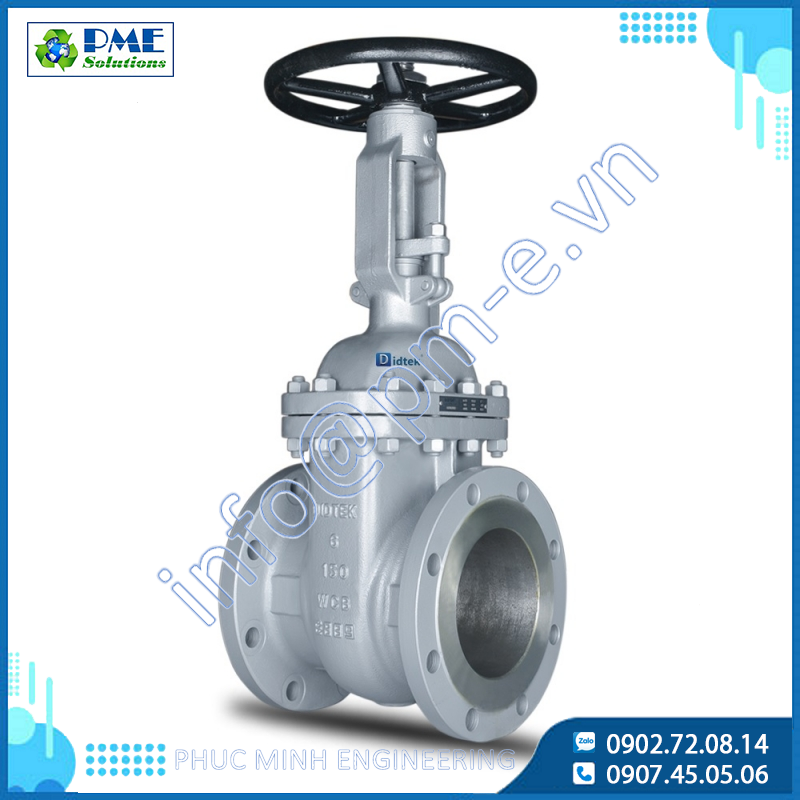
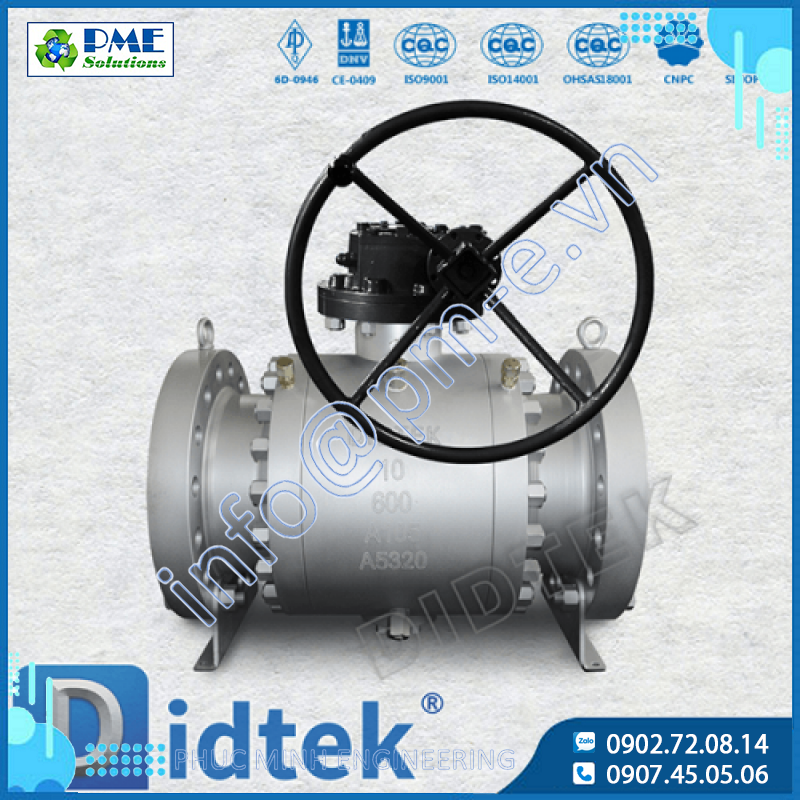
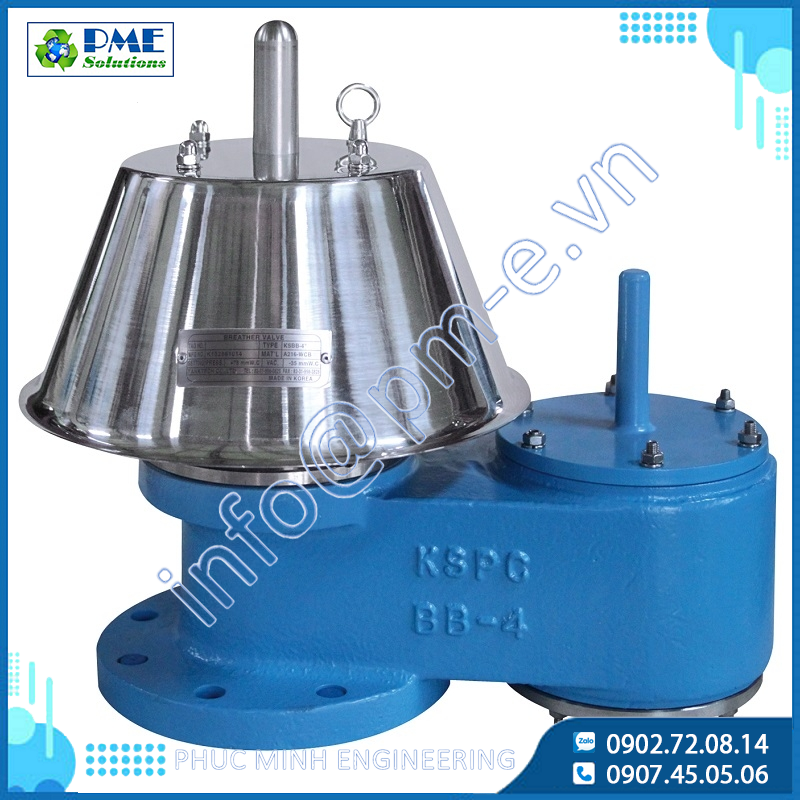
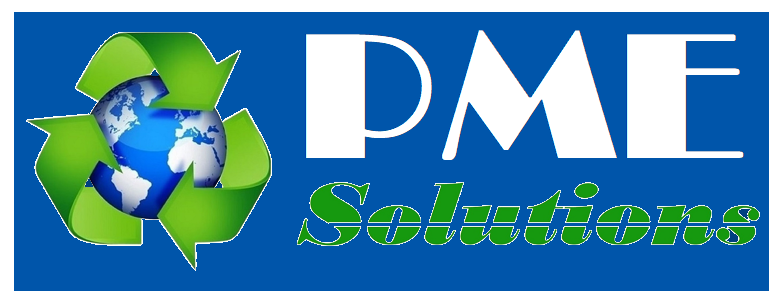

.png)






